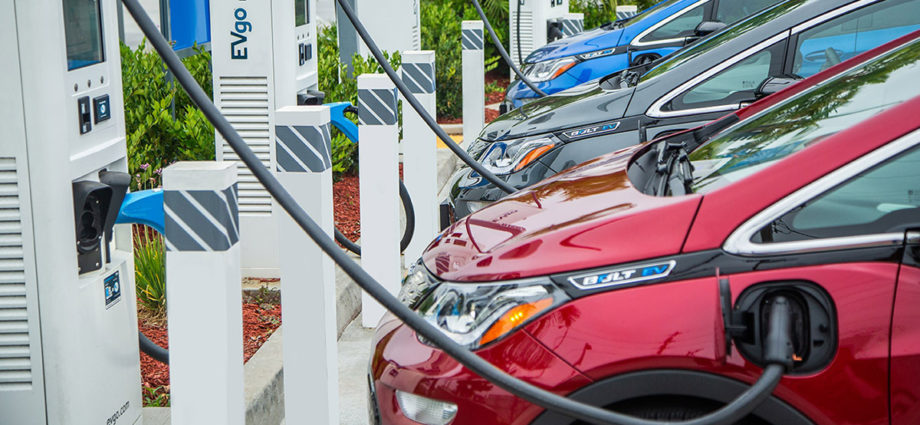The rise of electric vehicles (EVs) signifies a transformative shift in how people travel. While they present a sustainable choice, understanding the expenses related to EV road trips is crucial for potential EV owners.
Evolution of Charging Infrastructure
The charging landscape for EVs has seen vast growth, but not without its differences. Traveling across regions, one might encounter diverse charging infrastructures and electricity costs. This poses the challenge of encountering a medley of chargers: Level 1, the basic; Level 2, the intermediate; and the DC fast chargers or Level 3, which offer swift charging times.
Furthermore, the price tag on electricity isn’t universal. It varies depending on the provider and even swings between peak and non-peak times. Such inconsistencies can notably influence the road trip charging bill for an EV.
Decoding the Charging Expenses
Typically, on a road trip, filling up an EV’s battery may cost between $10 to $30. Several elements come into play here: the type of charger, local electricity rates, and the battery’s capacity.
Level 1 chargers, while being the most affordable, don’t quite cut it for road trips due to their sluggish pace. Level 2 chargers serve as a middle ground but need several hours for a complete charge. Contrarily, DC fast chargers can boost an EV’s battery to 80% within 30 minutes to an hour, but they come with a steeper price.
Moreover, the varied pricing models of charging networks—some have a flat rate, while others bill per minute or per kilowatt-hour—add another layer of complexity in forecasting the EV charging expenses during travel.
Tech Tools for Cost Estimation
Luckily, technology has stepped in to offer respite. Apps like A Better Route Planner and PlugShare, among others, are designed to give EV drivers an approximate calculation of charging costs based on several parameters like the chosen route, EV type, and available charging networks. These apps also offer real-time updates on charging station availability, further assisting in planning pitstops.
Smart Ways to Cut Down Charging Costs
A little strategy can go a long way in economizing EV charging on road trips:
- Route Optimization: Designing the journey to pass through areas with cost-effective or complimentary charging can lead to considerable savings.
- Charging During Non-Peak Hours: Opting to charge during times when electricity comes cheaper can be lighter on the wallet.
- Hotel Benefits: Several hotels now cater to the EV clientele by offering free charging. Staying at such places can slash charging costs while also offering convenient charging solutions.
- Membership Perks: Enrolling in membership plans of specific charging networks might unlock discounts.
In many scenarios, the expenses of EV charging on road trips can be on par or even less than fuelling a conventional gasoline vehicle, particularly with smart planning. As technology and infrastructure continue to evolve, EV road trips are set to become even more economical and convenient.
